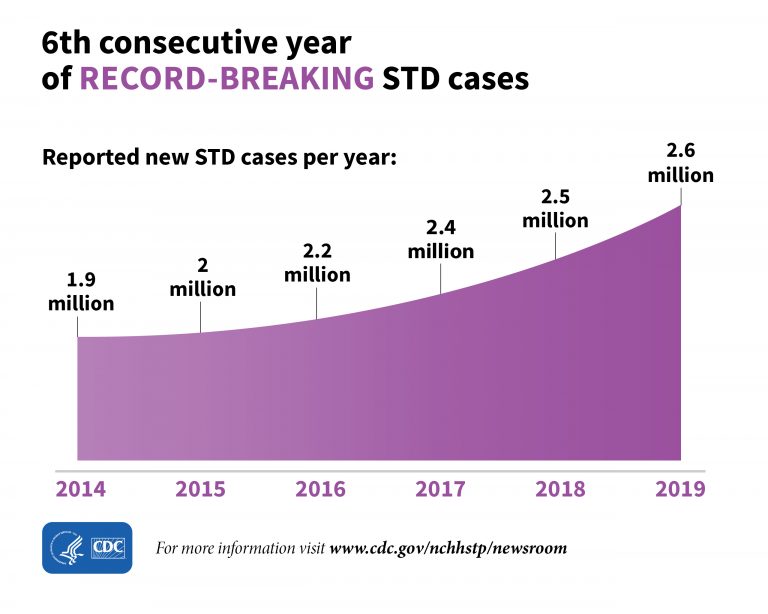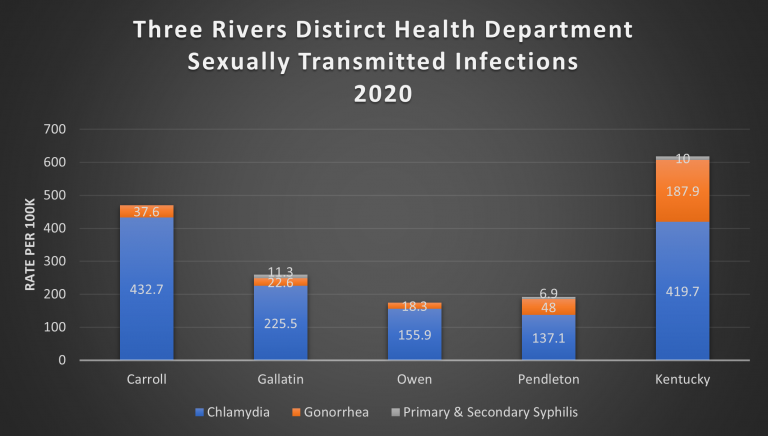SEXUALLY TRANSMITTED INFECTIONS AWARENESS
Sexually Transmitted Infections Awareness
Each April, the American Sexual Health Association (ASHA) promotes Sexually Transmitted Infections/Disease Awareness Month to increase awareness and promote disease/infection prevention.
Screening, prevention, and treatment are all part of taking charge of your sexual health!

What are STIs and STDs?
Sexually Transmitted Infections (STIs) are caused by bacteria, viruses, or parasites transmitted during sexual contact. On the other hand, a sexually transmitted disease (STD) is a disease that develops as a result of an STI such as Pelvic Inflammatory disease or AIDS. Both STI and STD phrases are used interchangeably by medical professionals and laymen.
Some of the most common Sexually Transmitted Infections include chlamydia, gonorrhea, human papillomavirus (HPV), and syphilis. Other less common types of STIs include bacterial vaginosis; genital herpes; human-acquired immunodeficiency virus (HIV); congenital syphilis; and trichomoniasis. Common STIs such as chlamydia, gonorrhea, and syphilis are treatable with antibiotics, but viral STIs have no cure.
Get the facts!
STIs are much more common than they once were. In 2019, the US saw significant increases in Chlamydia, Gonorrhea, Syphilis, and Congenital syphilis. Over the last two decades, reports of cases have continued to increase with minimal periods of decrease or leveling. Diagnoses of Chlaymidia occur 2.2 times more and Gonorrhea 1.5 times more often than in the year 2000. Additionally, diagnoses of Syphilis occur 5.7 times more, and Congenital Syphilis 3 times more often than in the year 2000.
Also, each type of STI has higher rates of infections for varying demographics of people. For instance, case rates of chlamydia are highest among adolescents and young adults under 25 years. Likewise, diagnoses of gonorrhea occur in men more frequently than women.
Lastly, failure to seek treatment as a result of a lack of symptoms results in disease spread and worsening health conditions. For instance, women with untreated Chlamydia and Gonorrhea can develop Pelvic Inflammatory Disease (PID) which can lead to infertility and/or ectopic pregnancy.

For more national details, please visit CDC Newsroom Release – STDs reach all-time high for a sixth consecutive year.

- Published: April 5, 2022
- Updated: April 5, 2023


